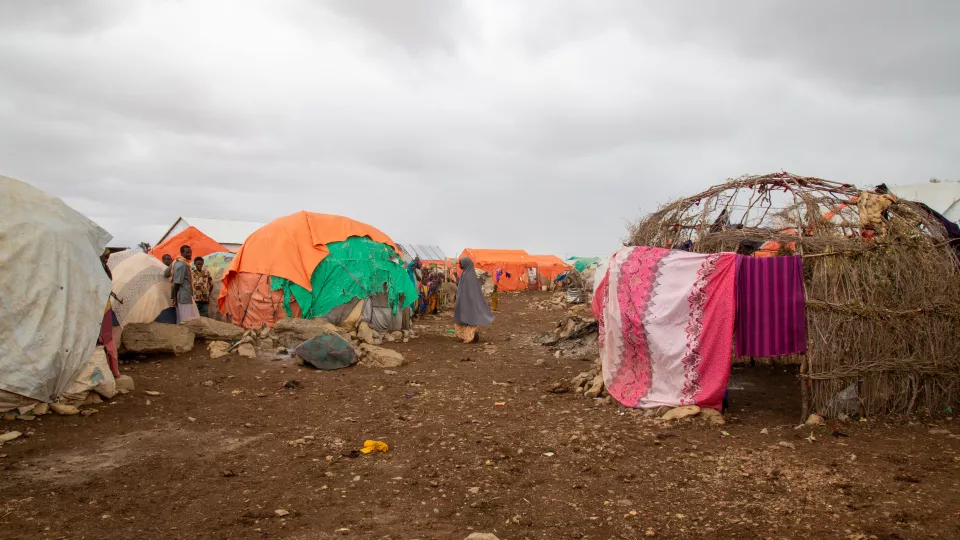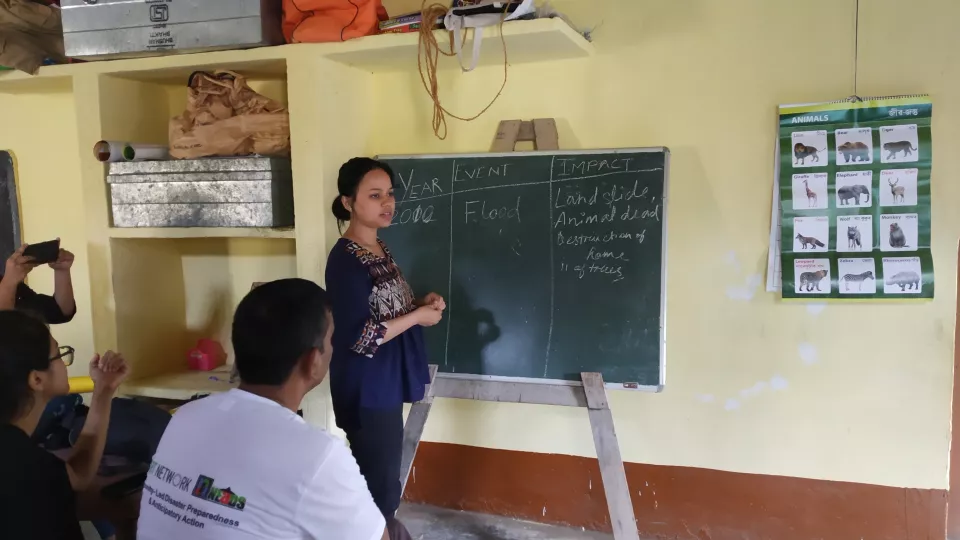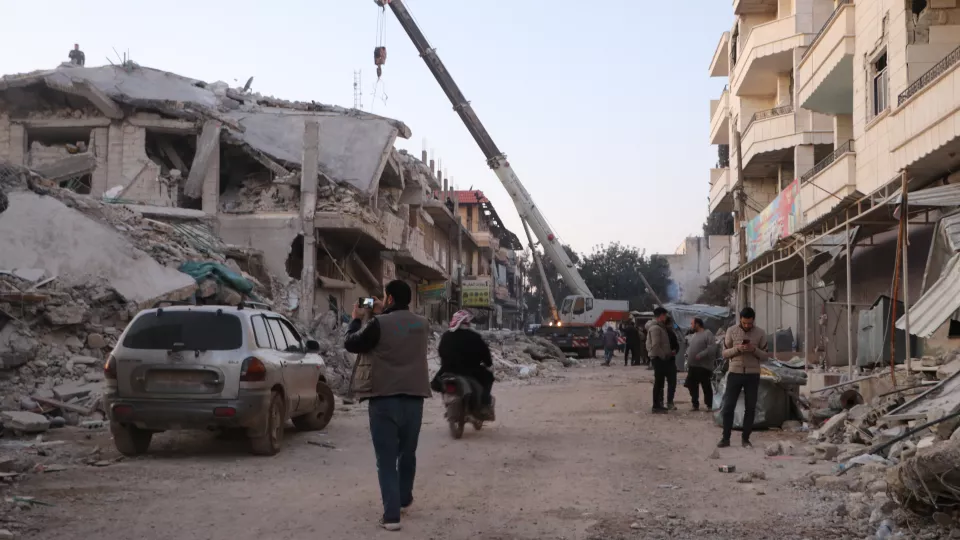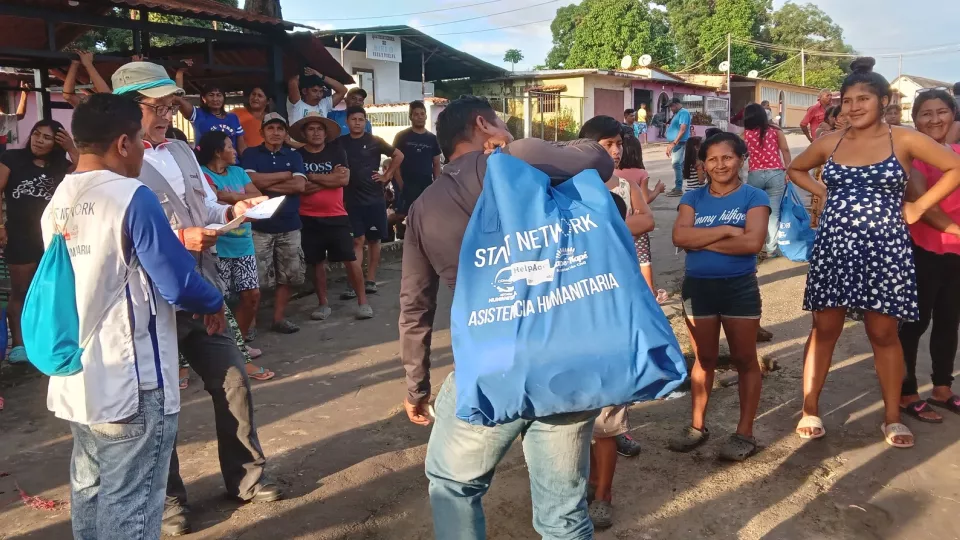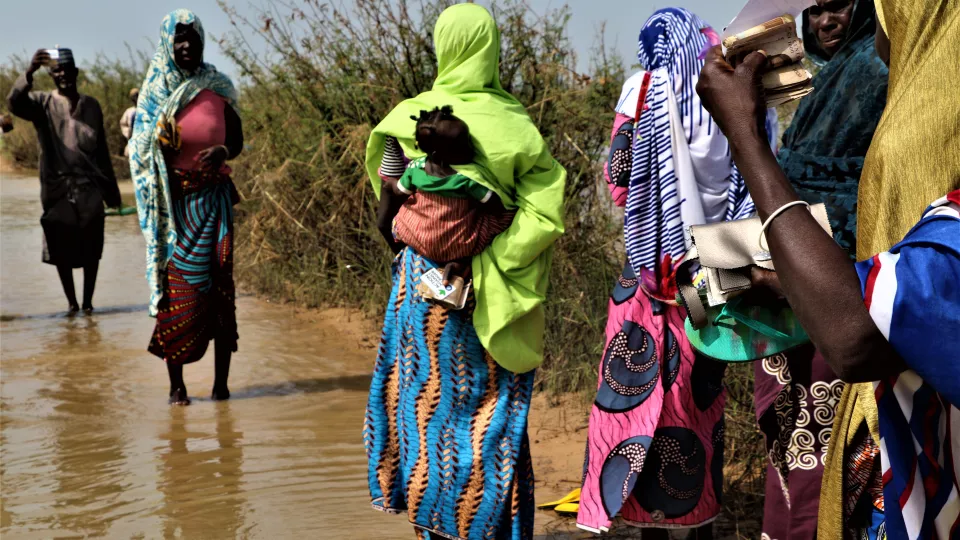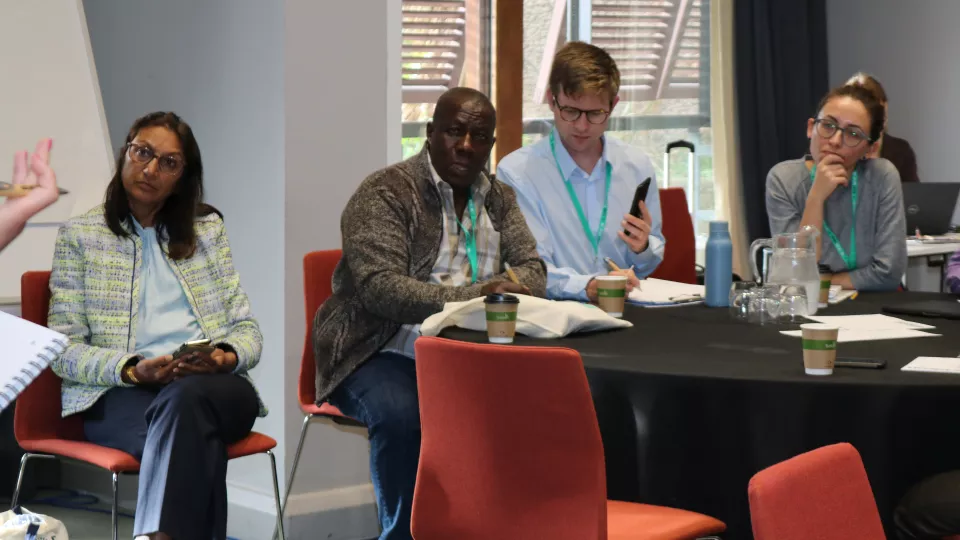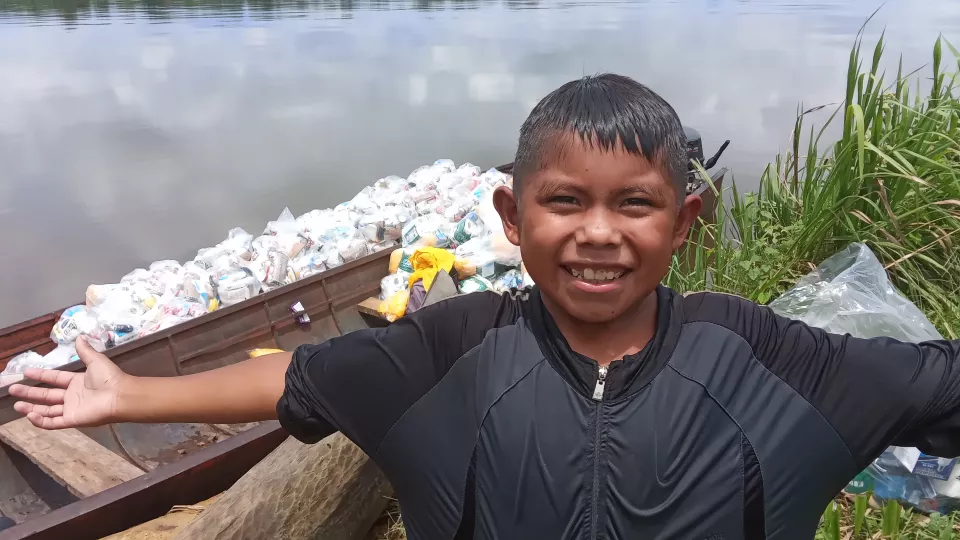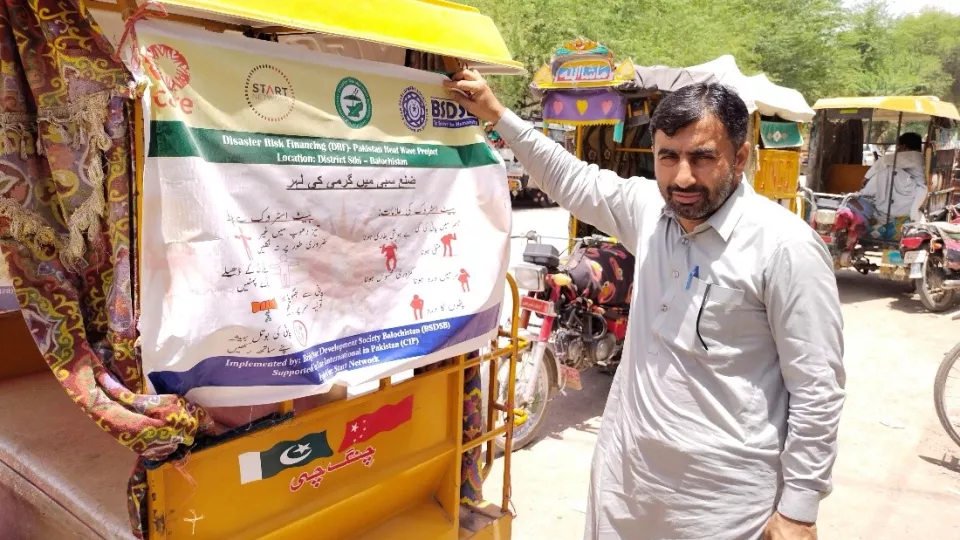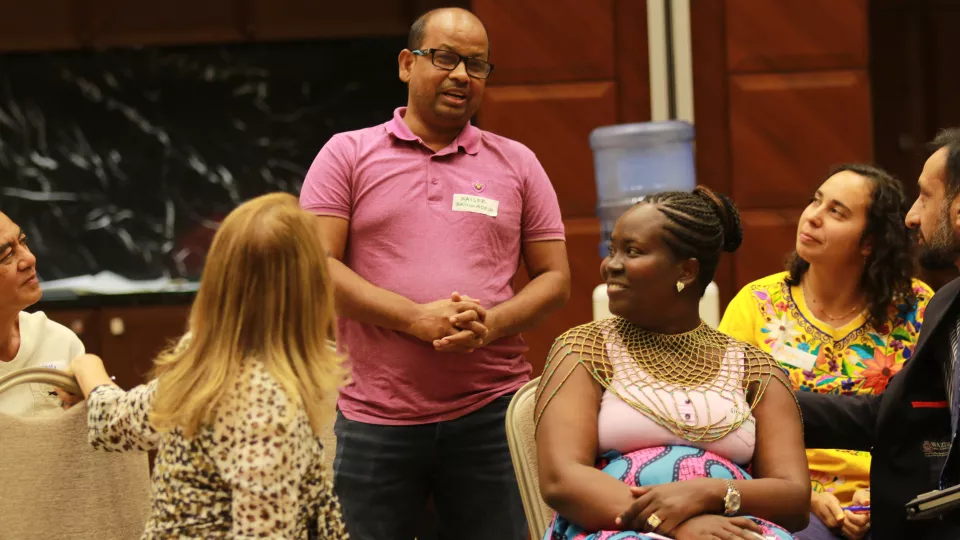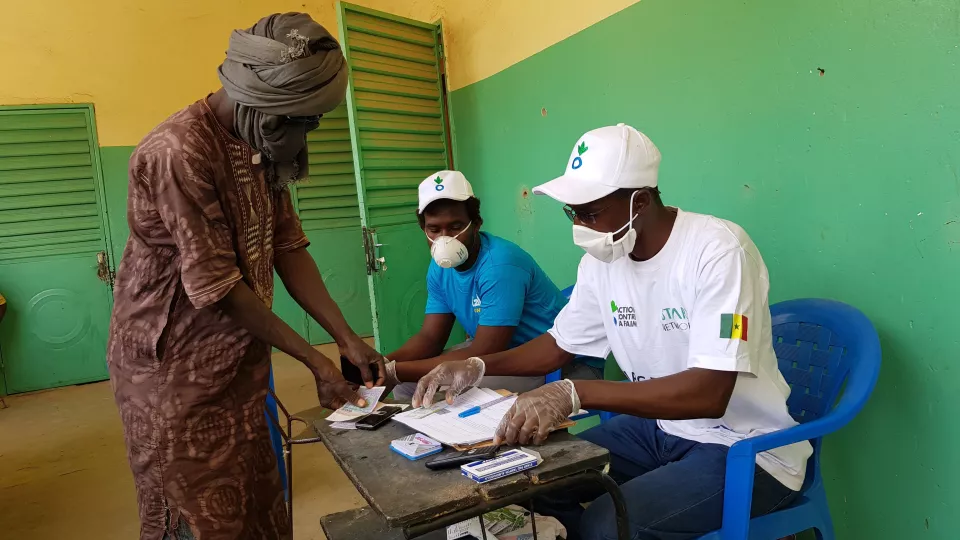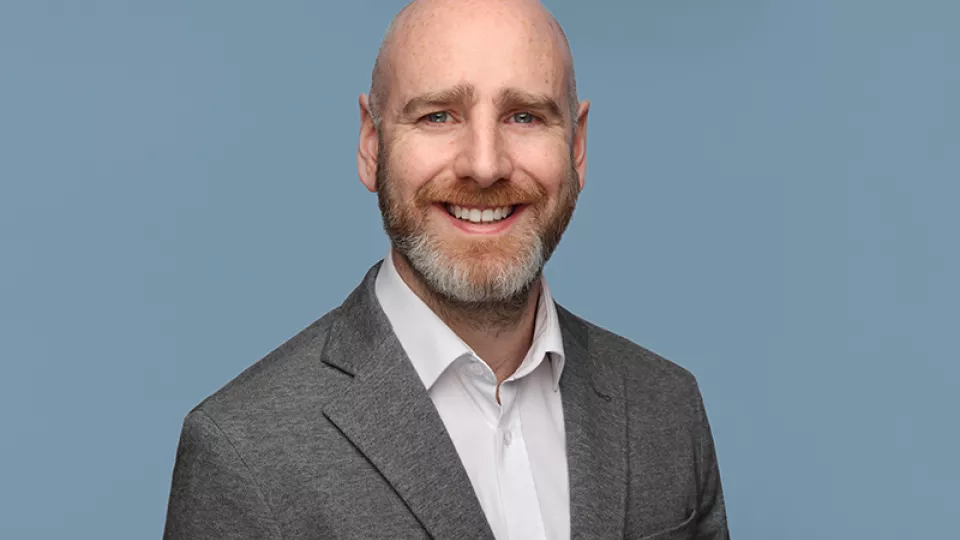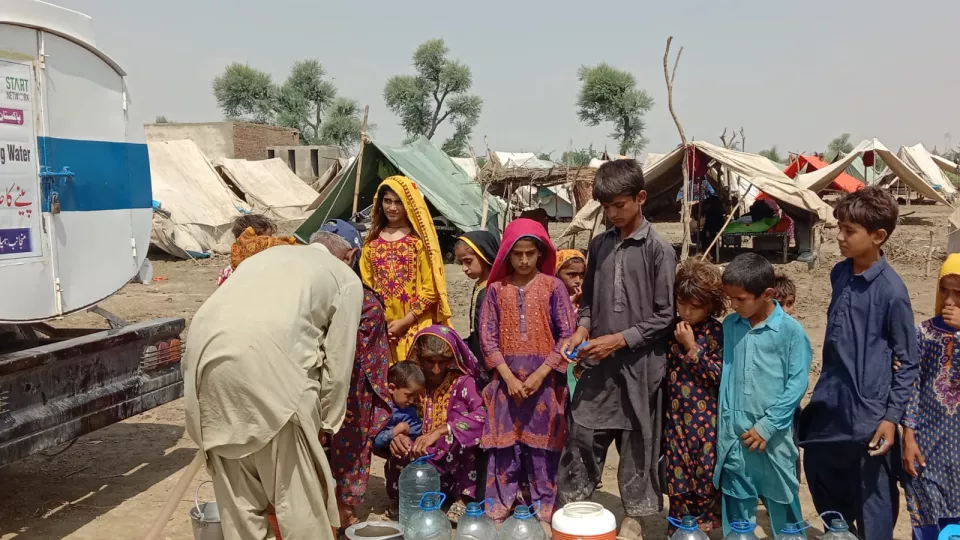Start Network is pleased to announce US$4.2 million of new funding to help protect people in Somalia from ever-worsening drought. The pay out is a result of a collaboration between the Federal Government of Somalia, African Risk Capacity and the UK…
News and blogs
Start Network is launching the #StartLocal - a live repository that compiles examples of locally led work.
Start Network members are actively coordinating to support communities impacted by the earthquakes that occurred in Türkiye and Syria early morning yesterday.
Humanitarian crises are on the rise. This is not a surprise for people working in the international aid sector; we have seen an increase in the number and scale of these around the world.
Currently endorsed definitions of accountability to affected people continue to reinforce and be reflective of realities in which humanitarian organisations and donors hold power over crisis affected people...
We are excited to present the last instalment in the suite of e-courses for Start Ready and its Disaster Risk Financing system.
Warmest wishes from all of us at Start Network, Christina Bennett, CEO and Suzanne Lyne, CFOO.
Listening and acting on community feedback is one way to enable the agency of communities and provide assistance that is both effective and dignified.
Start Network is keen to open the opportunity for its members to support the management and implementation of the Anticipatory Action and Disaster Risk Financing Training Programme.
Communities in Senegal will receive around £330,000 GBP ($400,500 USD) from Start Network and its local partners in anticipation of the drought season in 2023. Senegal’s 17 million population relies heavily on seasonal crops.
Start Network is pleased to welcome Malcolm Spence as its new independent trustee.
As the world contends with the destruction that Pakistan’s monsoon floods have left in their wake, as well as the cascading impact of an emerging health crisis, some truths regarding the role of local organisations within the sector begin to become…

